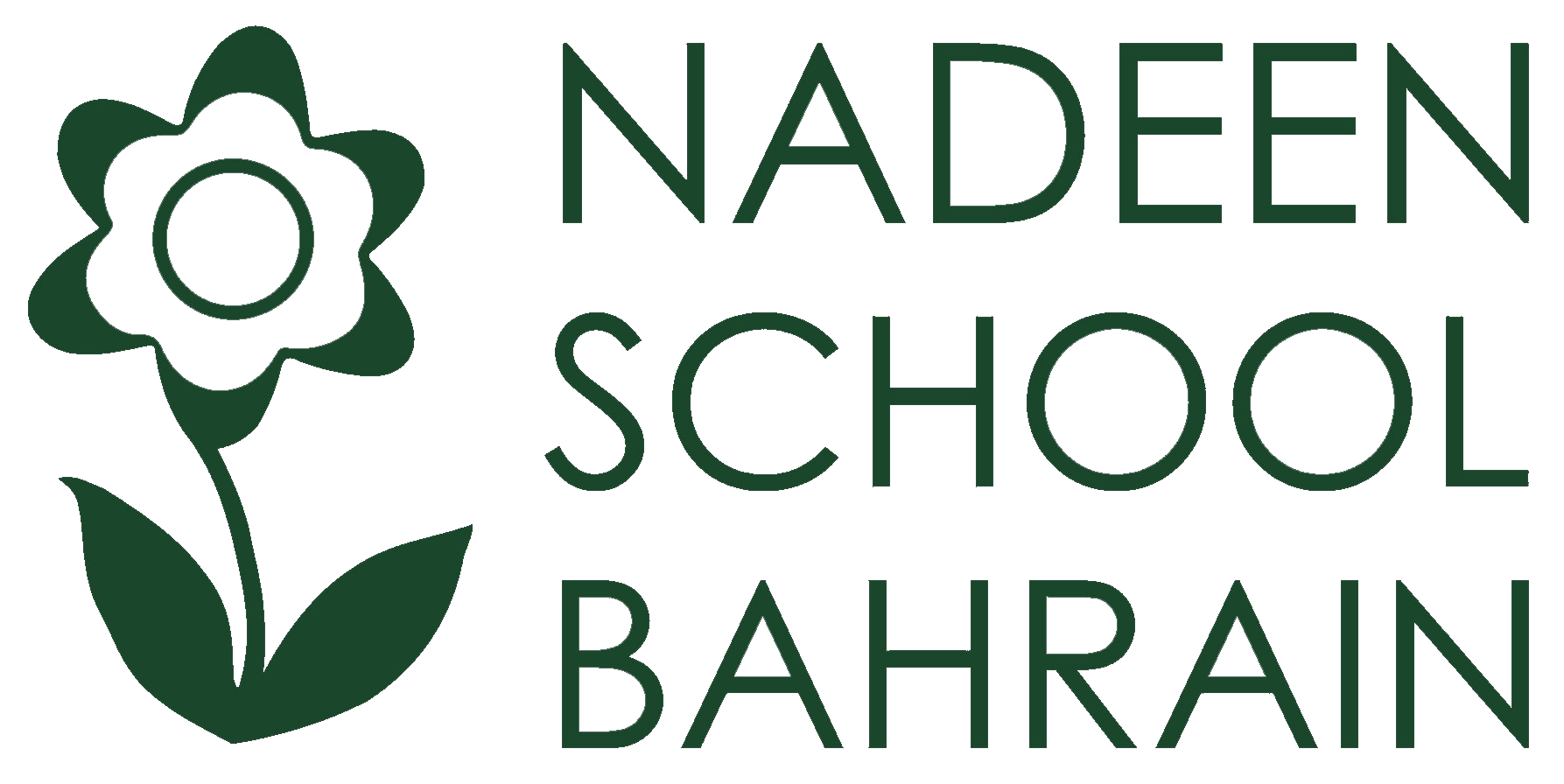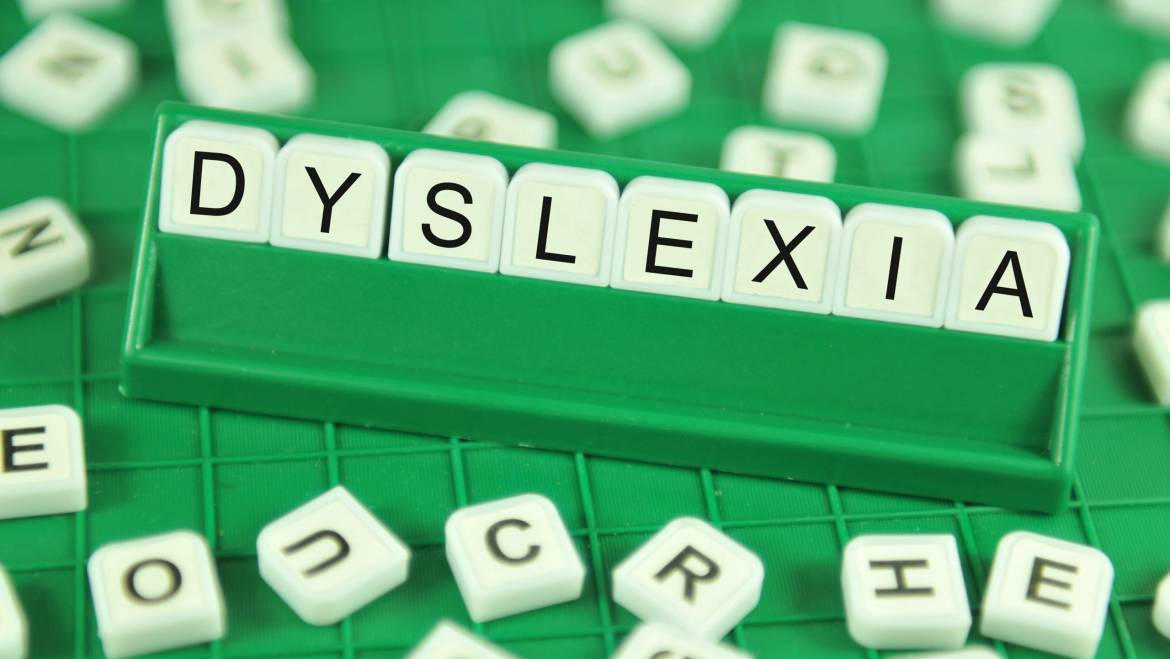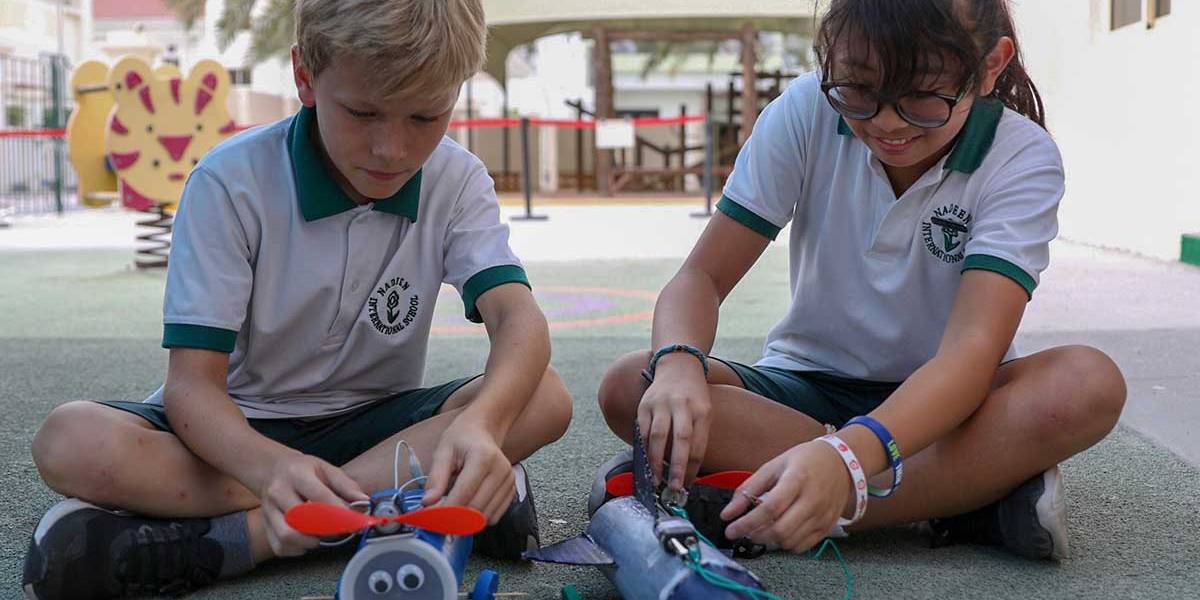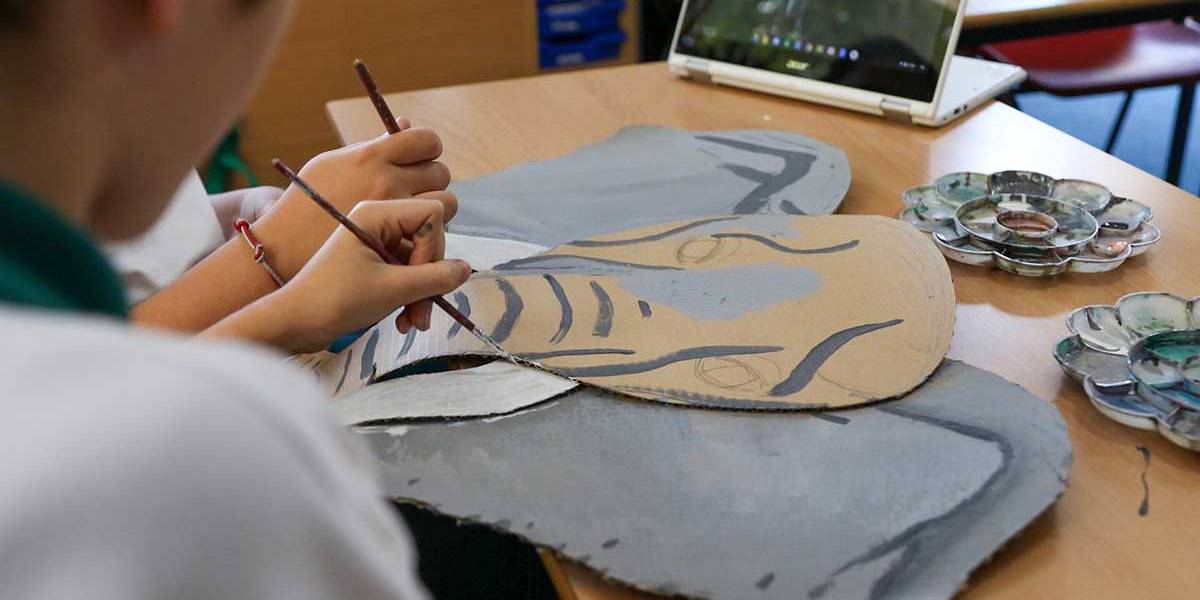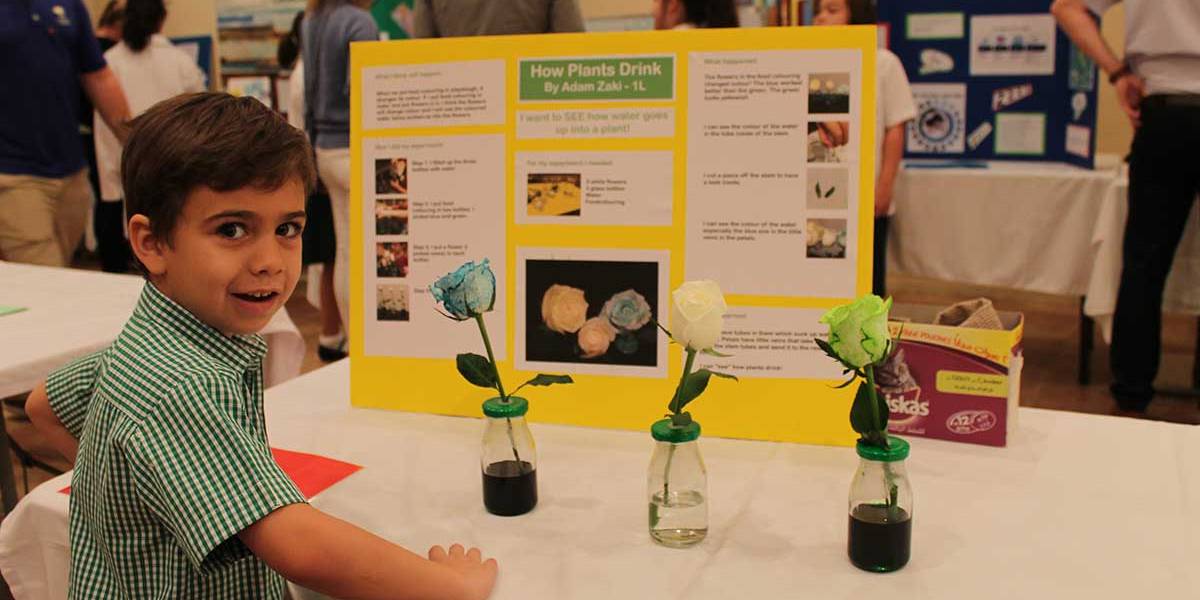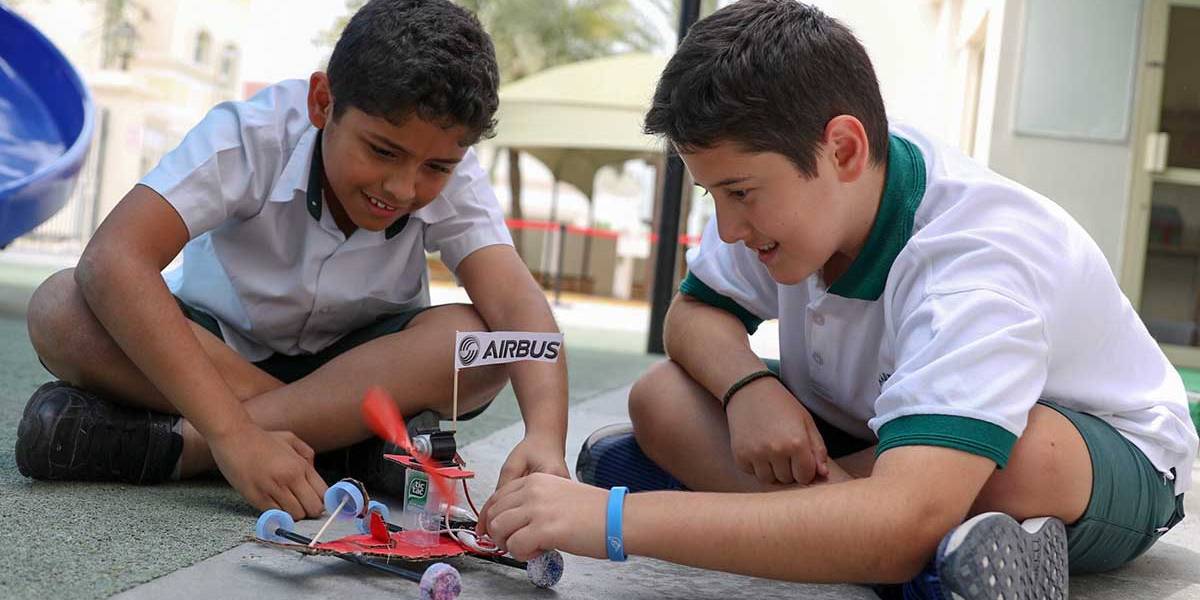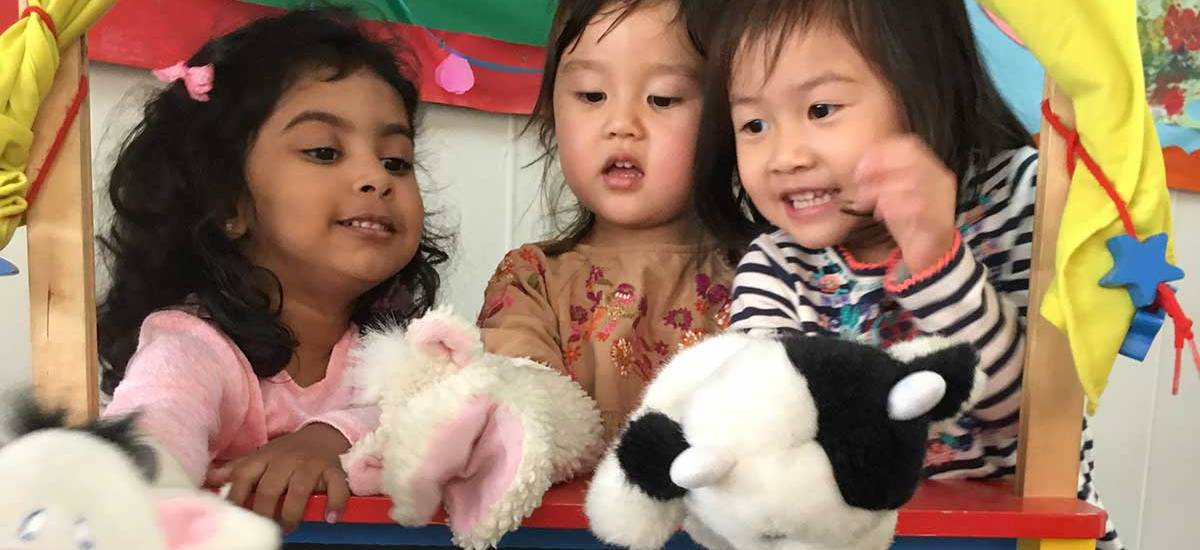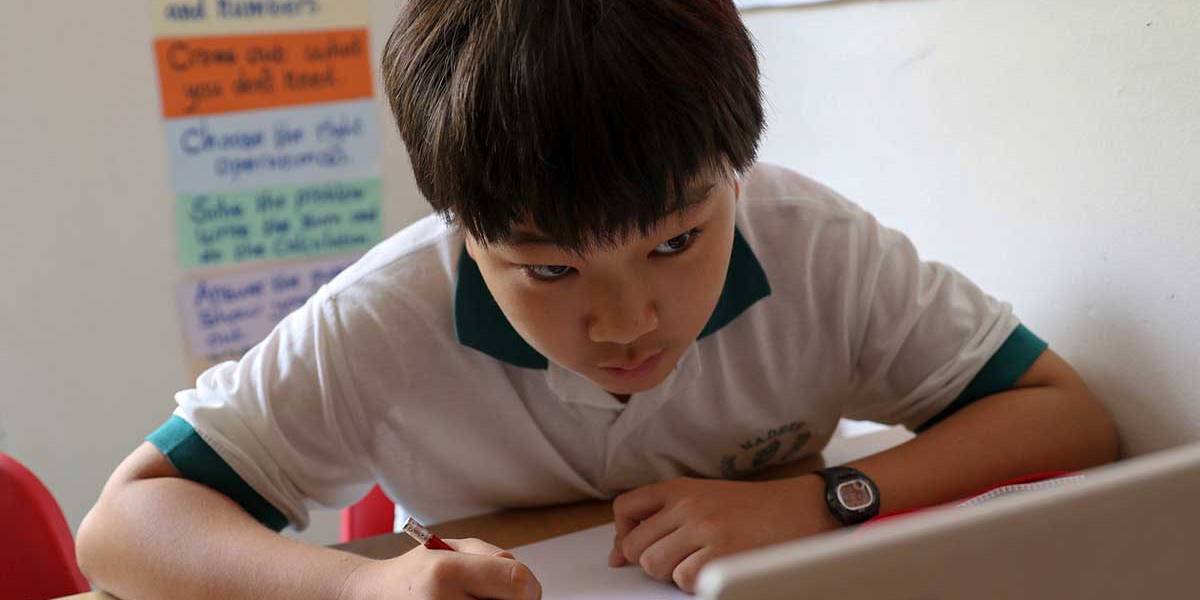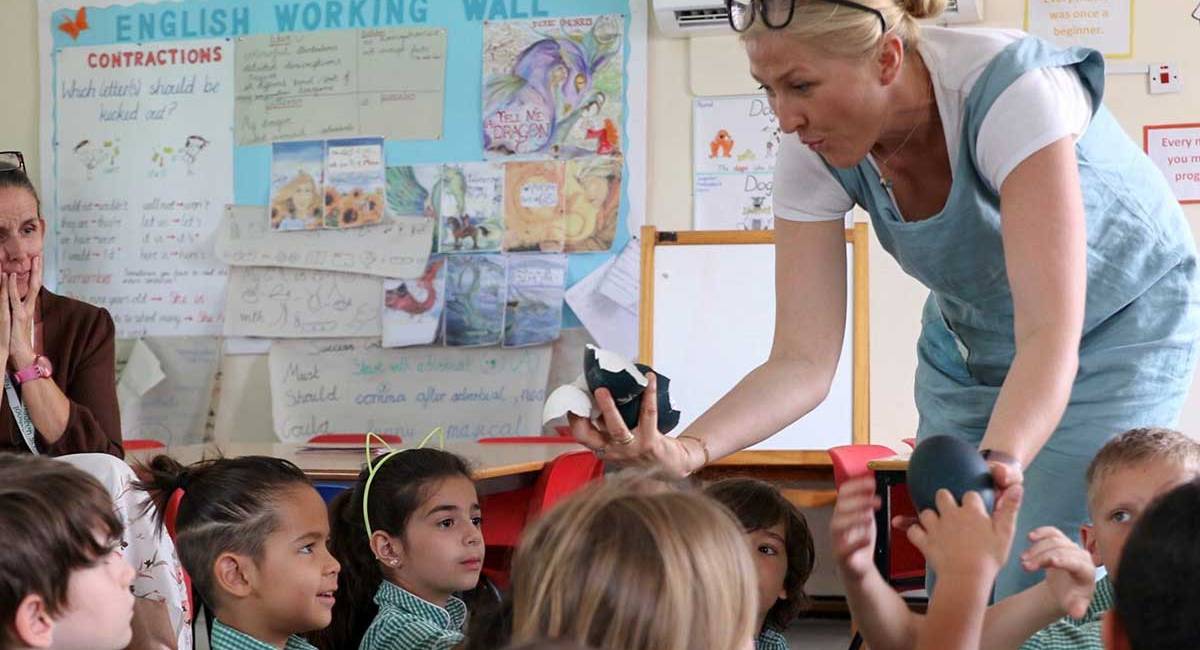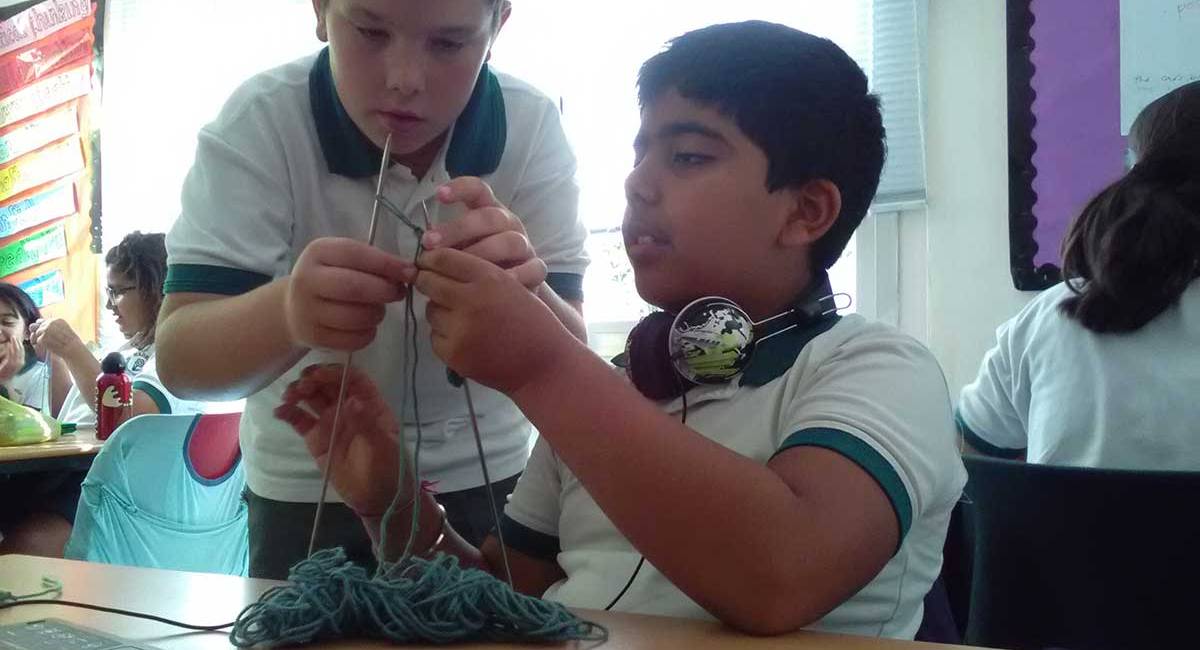Miss Abigail’s thought for the week: Made By Dyslexia
This week has seen the first global summit on dyslexia, run by Made By Dyslexia, with some pretty inspiring speakers and some very interesting content.
According to The British Dyslexia Association, dyslexia is “a specific learning difficulty that primarily affects the skills involved in accurate and fluent word reading and spelling” and is characterised by “difficulties in phonological awareness, verbal memory and verbal processing speed”. If you have dyslexia, it means your brain is wired a little differently, with different neural pathways. It is a spectrum and can be mild, moderate or severe or anything in between, and it affects everyone slightly differently. Traditionally, dyslexics have struggled at school, due to reading and writing having been pretty fundamental to academic success. This is despite approximately 1 in 10 children being born with dyslexia.
However, the world is changing. The skills and abilities that are valued – due to changing job markets, technology and reimagined definitions of success – are changing very quickly. Along with this, our understanding of what dyslexia means or doesn’t mean has changed significantly.
See dyslexia differently: https://www.youtube.com/watch?v=11r7CFlK2sc (good to watch with children)
We know that dyslexics often have other skills and abilities that are more defined than in non-dyslexics. Because their brains work slightly differently, they are often able to see, understand and connect information differently. This can mean that dyslexics see patterns that others can’t; solve complex problems; think laterally, differently, creatively. These are all skills that can lead to great success in the workplace and in life. The fields of entrepreneurship, engineering, architecture and the arts, in particular, have disproportionately high numbers of successful people who are dyslexic. Many household names – people who are incredibly successful in their field – are dyslexic: Leonardo da Vinci, Walt Disney, Albert Einstein, John Lennon, Agatha Christie, Richard Branson, Kiera Knightly, Jamie Oliver, Maggie Aderin-Pocock Orlando Bloom, Pablo Picasso, Chris Robshaw, Steven Spielberg – the list goes on and on. 40% of all self-made millionaires are dyslexic! This can’t be a coincidence.
But in order for children with dyslexia to succeed, they need the right diagnosis, the right support and the right attitudes of those around them. We can’t deny the challenges that dyslexia brings (in fact dyslexia is classified as a disability) and the potential for children to struggle, but perhaps we could do better at exploring the strengths and abilities that dyslexics bring to a class or our school and to celebrate and develop these. There are all sorts of ways to be successful and we value a wider range of skills at school, providing plenty of opportunities for development of creative and lateral thinking, problem-solving and leadership.
Here is Kate Griggs, founder of Made By Dyslexia, talking about the creative brilliance of dyslexia. https://www.youtube.com/watch?v=CYM40HN82l4
Let’s see dyslexia differently.
